Interviews
Response to loyalty questionnaire
My parents didn't say very much, except that they said, What good is your citizenship? You claim that you're Americans, and you were so proud of your citizenship, but here it didn't mean anything. We were in camp just like the Isseis, and we didn't have no say-so or anything. So they didn't, they, of course, thought, Why in the world would anyone want to volunteer, go into the army and fight for the United States, to give up their life for a country that had them imprisoned? So I think that it was a logical thought for Isseis to think that way, because here we were, we were all in the same boat.
Date: September 15-17, 2004
Location: Washington, US
Interviewer: Alice Ito
Contributed by: Denshō: The Japanese American Legacy Project.
Explore More Videos

Interrogation by police (Japanese)
(1900–1996) The mother of Nikkei Brazilian immigration

Differences in discrimination
(1913-2013) Doctor specializing in obstetrics in Southern California


No use in having citizenship
(1913-2013) Doctor specializing in obstetrics in Southern California
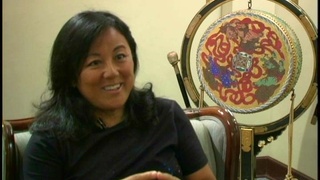
Necessary apologies (Spanish)
(b. 1962) Peruvian Poet, Okinawan descendant
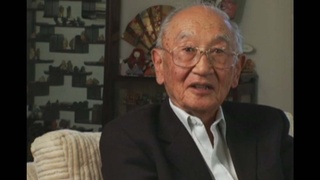
Starting to get angry
(1919-2020) Member of the 1800th Engineering Battalion. Promoted Japan-U.S. trade while working for Honda's export division.

On becoming a Japanese national (Japanese)
(b. 1979) Sansei Nikkei Brazilian who lives in Oizumi-machi in Gunma prefecture. He runs his own design studio.
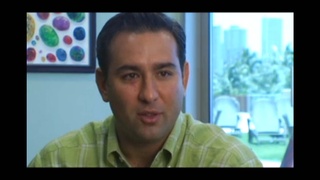
Never feeling discriminated against in Hawai‘i
Hawaiian businessman, developer.

Grandfather's arrival in the U.S., experiencing discrimination
(b. 1939) Japanese American painter, printmaker & professor

Moving to Upland Post-Camp
(b. 1930) Half Japanese and grew up in both Japan and the United States.
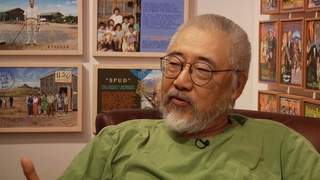
Getting measles at the camp
(b. 1938) Japanese American painter & printmaker
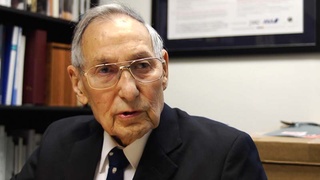
Discrimination in Air Corps
(1918-2022) Hapa World War II veteran, pilot

Differences between Parents
(b. 1938) Japanese American painter & printmaker


